Did Your Favorite Celebrity Die?
January 20, 2023
“Guys! You won’t believe it, [insert celebrity name] found dead at [insert age].” Anyone daring enough to open social media platforms in the past few days has been flooded with videos in this format. Since the outbreak of this trend last December, creators have been pranking family members and friends left and right with fake news. Actress Angela Bassett’s son Slater Vance even graced the internet with (fake!) news about Michael B. Jordan’s death and shortly followed up the video with a tearful apology likely made at the behest of Bassett—yikes!
This new trend summons dreaded memories of a particular side of the internet: death hoaxes. A death hoax is a report of someone’s death that is later proven to be false—sometimes because the “deceased” individual faked their death. Remarkably, this prank has been around forever, dating back to 1945. More recently, however, TikTok and Twitter users have taken it to a new level by not only creating death hoax videos, but also entire “news outlet” accounts that falsely report deaths.
Pretend you’re a highly influential celebrity surrounded by paparazzi and nonsensical fans who want to burst your personal bubble 24/7. Imagine someone announced your death on TikTok as clickbait, and now you’re fielding calls from family and friends, trying to do damage control. Craig Silverman, a certified fake news writer for Buzzfeed, stated, “Fake news relies on viral sharing. If you think about why so many stars are subject to death hoaxes, they’ve been part of a pop culture that people have an emotional connection to. And that is at the core of what makes fake news work.”
This begs the question: When will the cycle of misinformation in the media end? Is there even hope when people play with something as tragic as death just for the views? Where will the line finally be drawn?




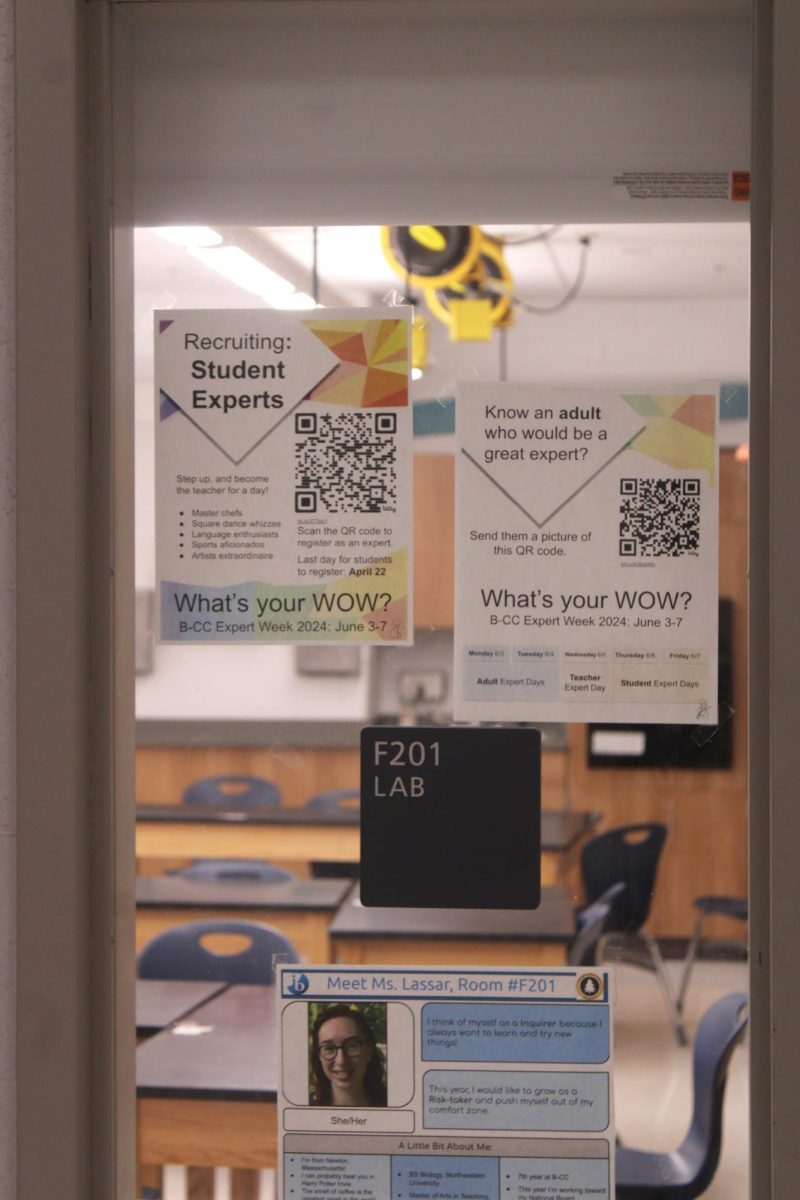
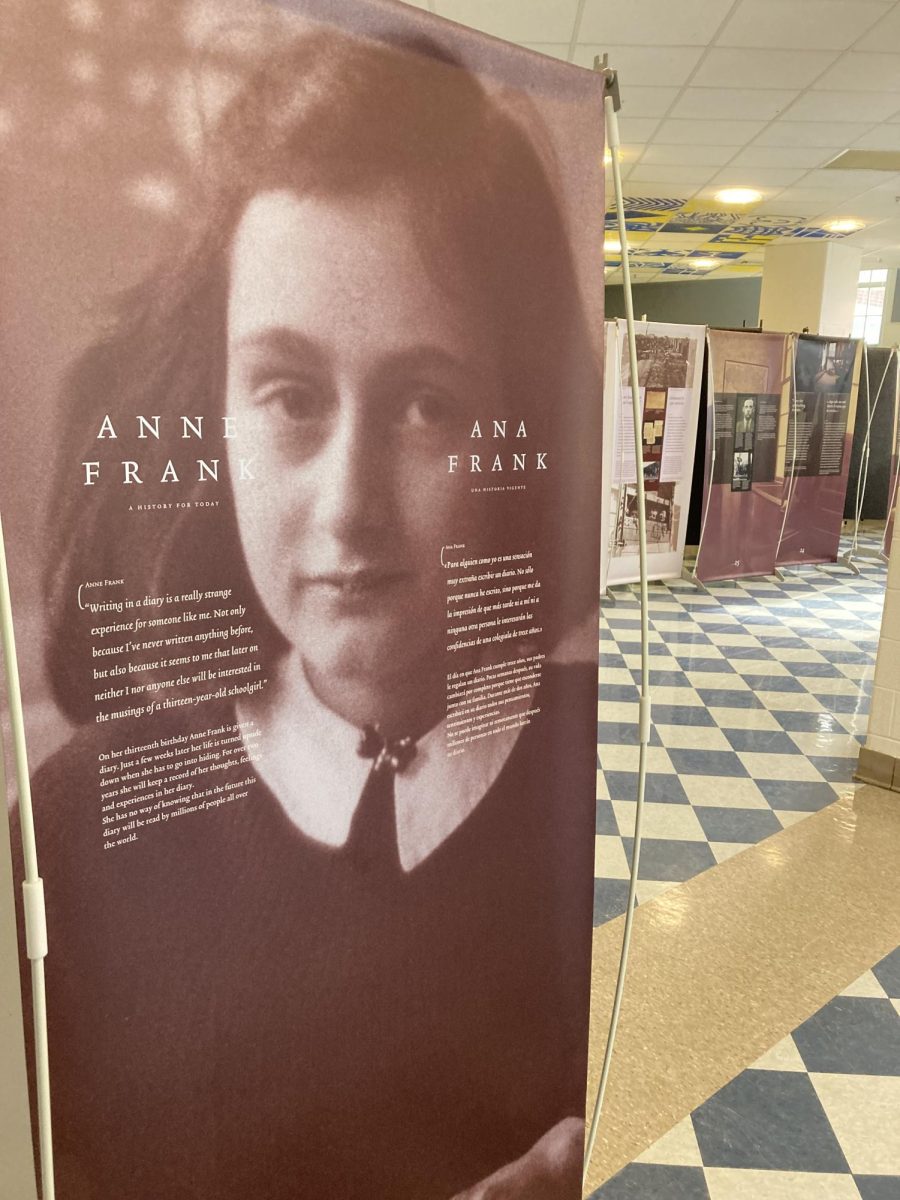



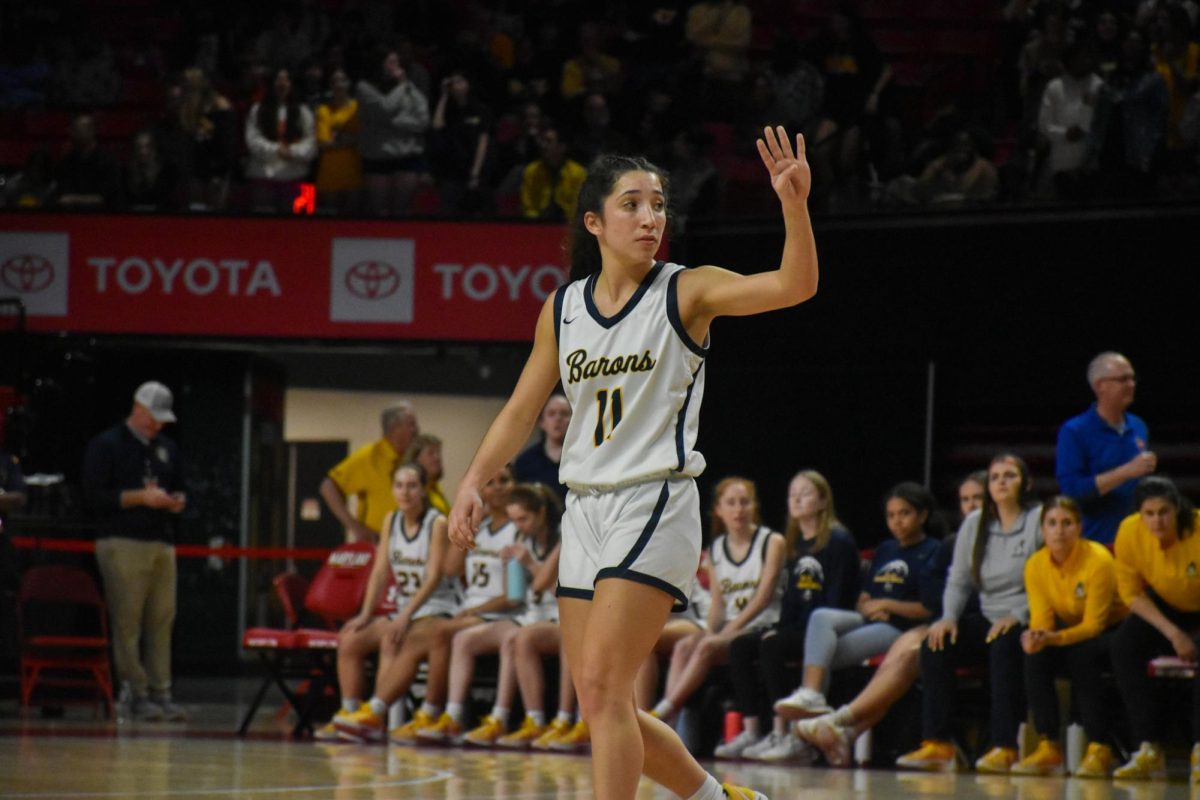


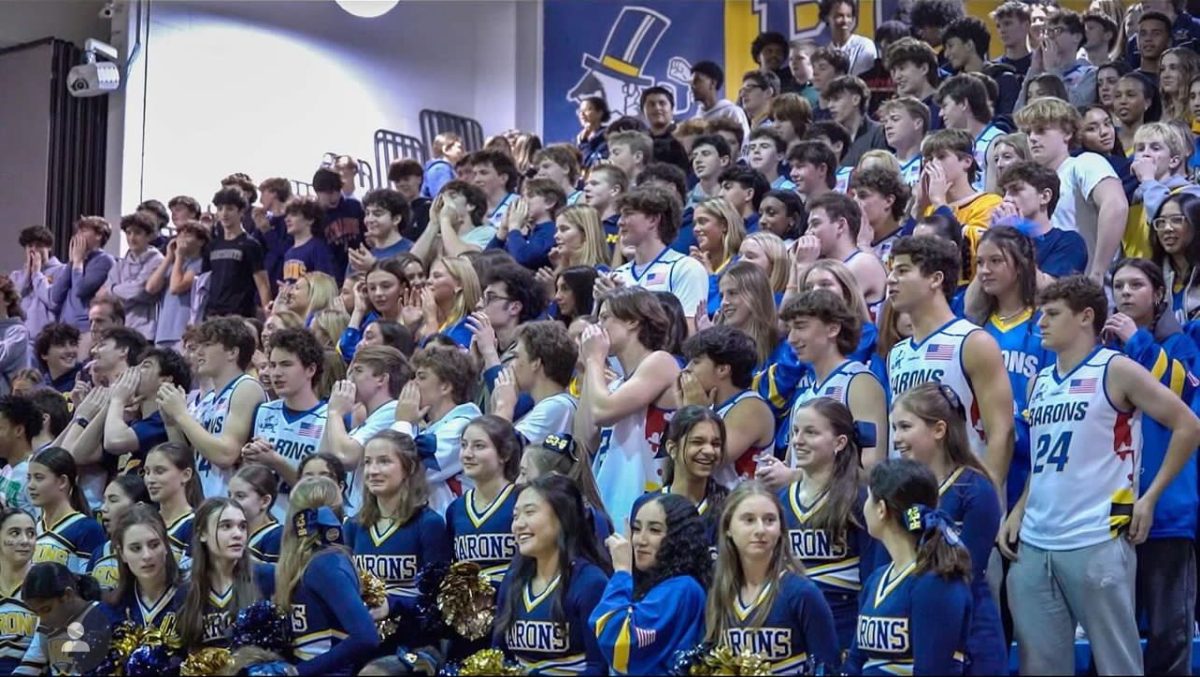

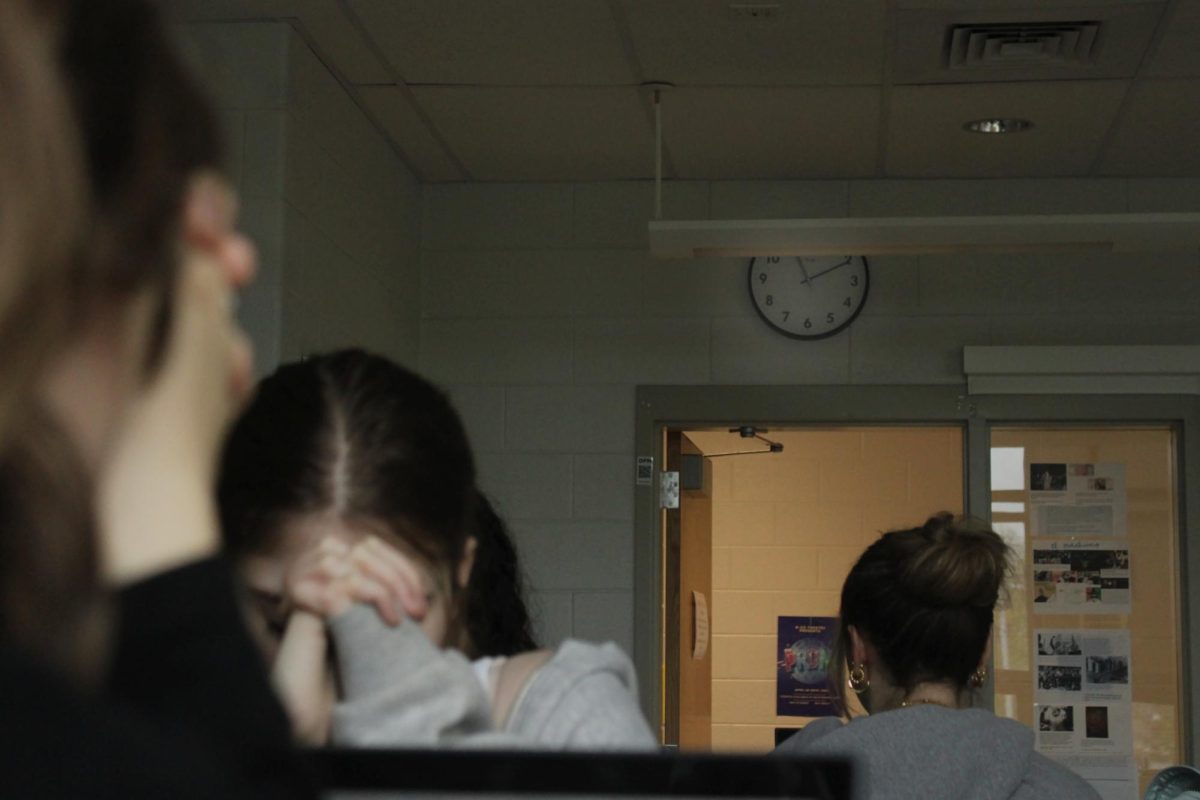

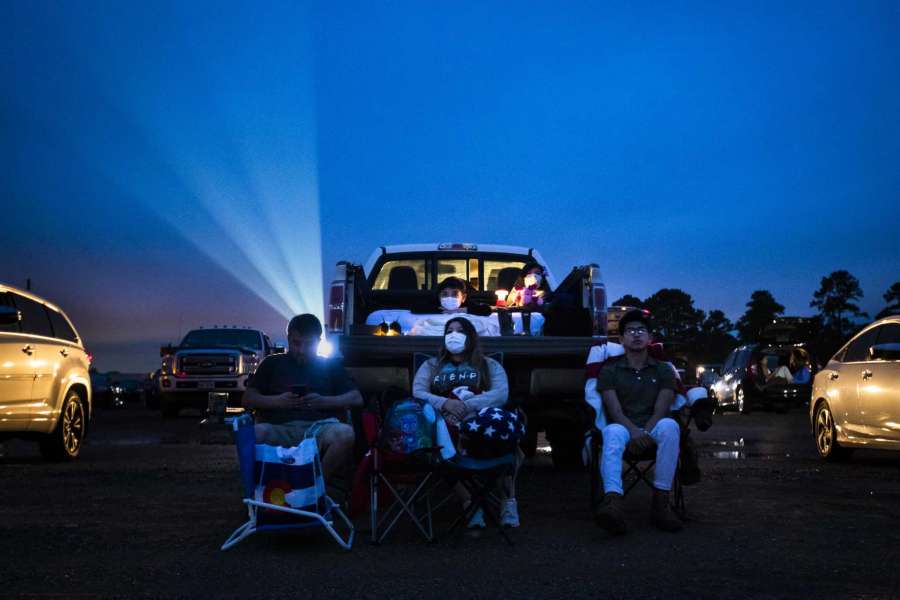
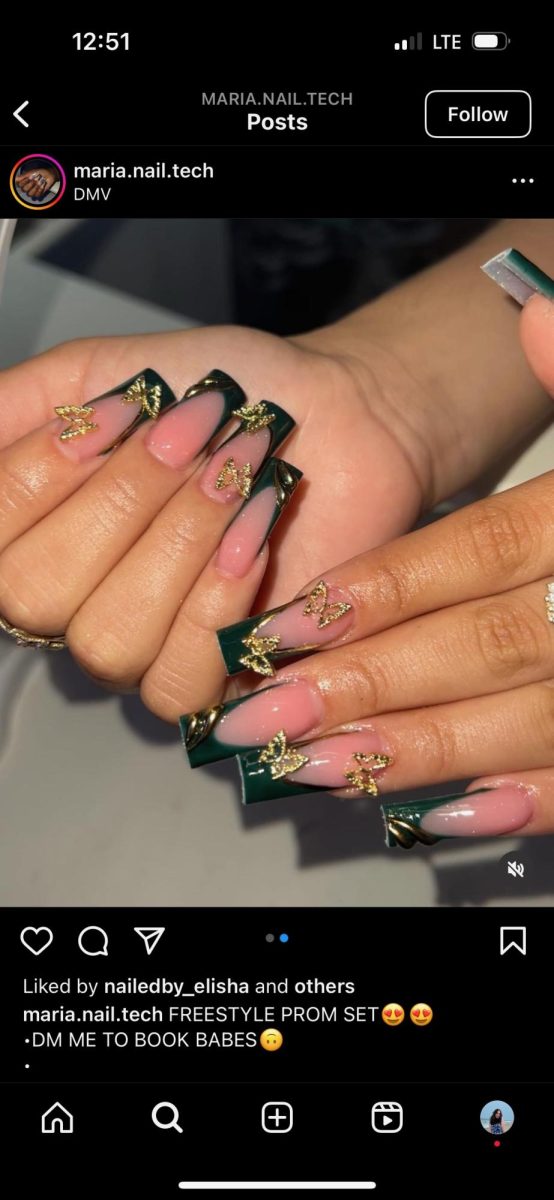


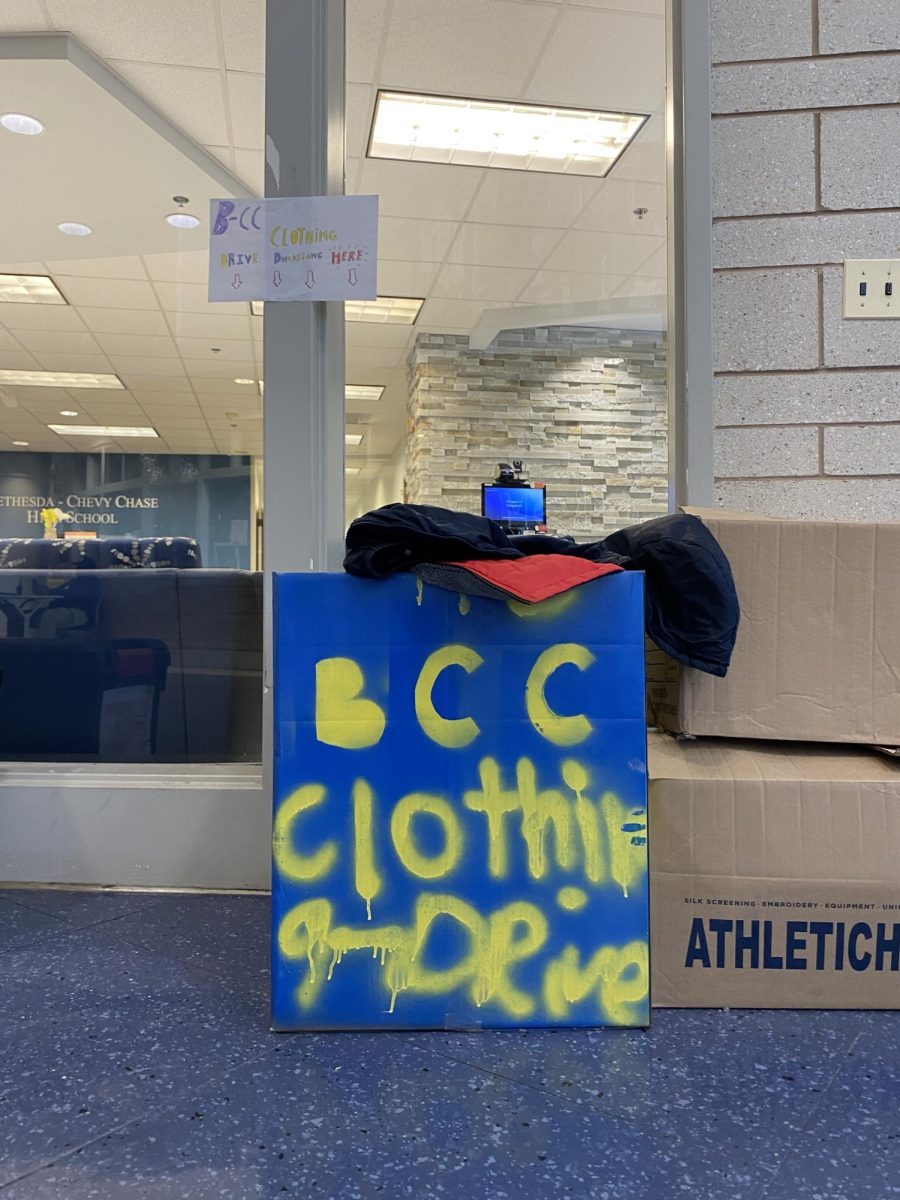




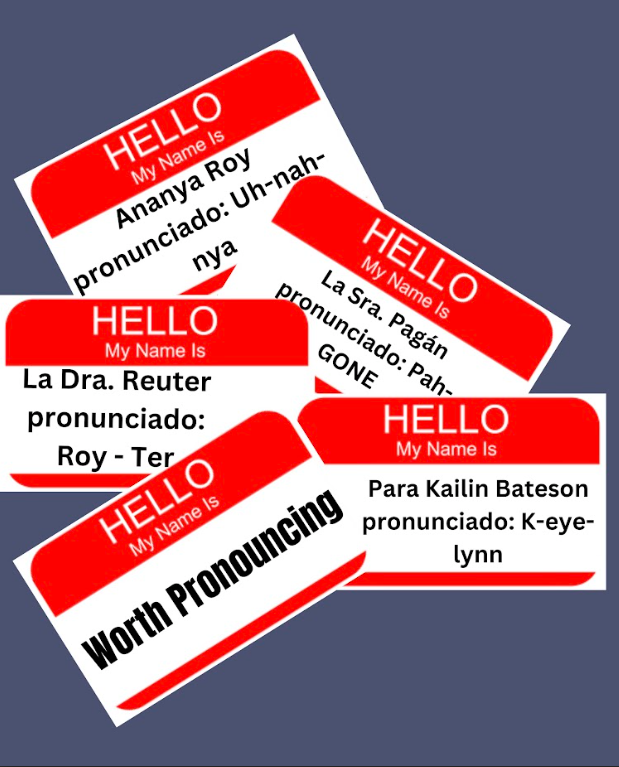


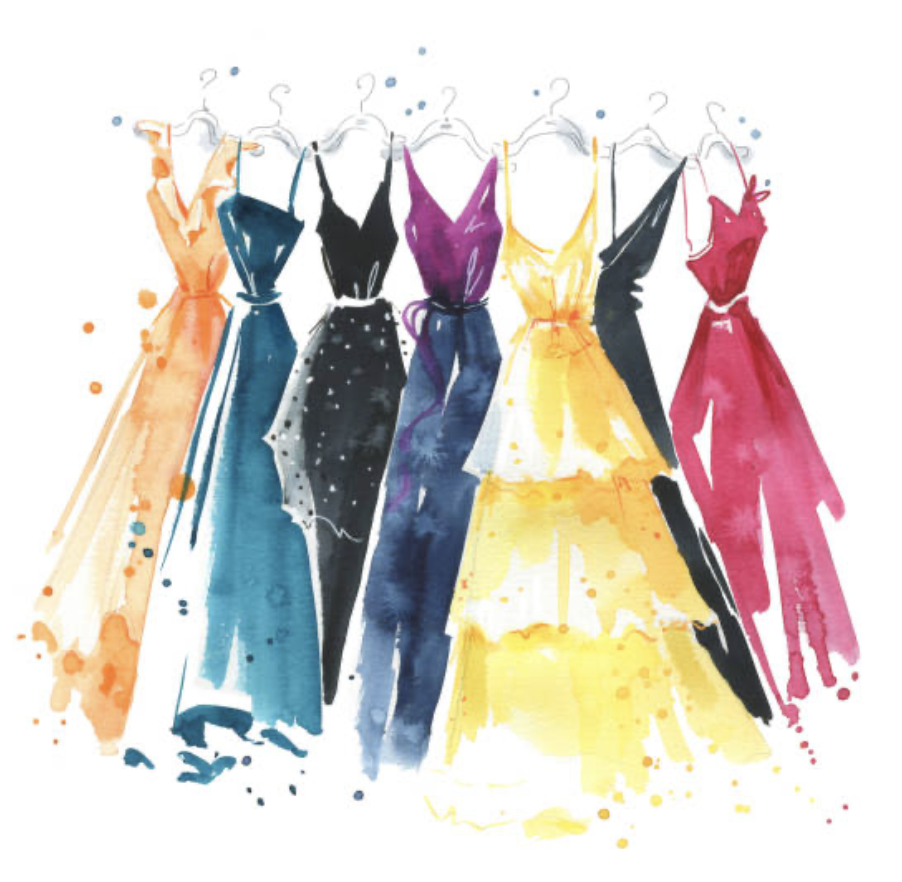
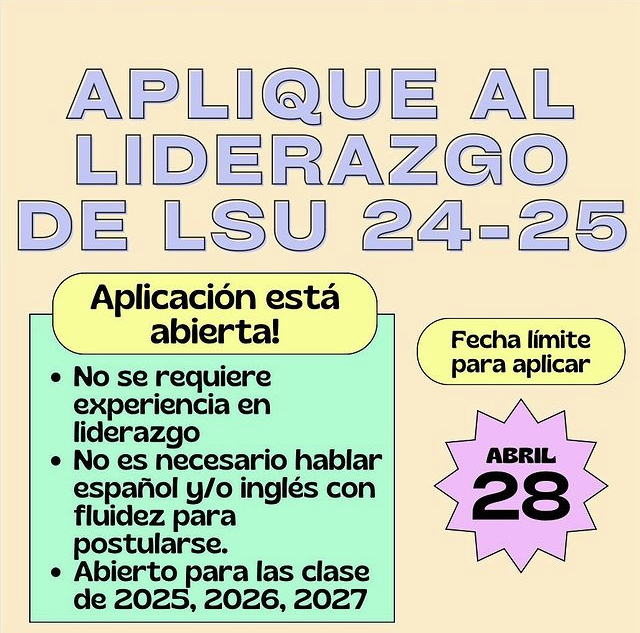





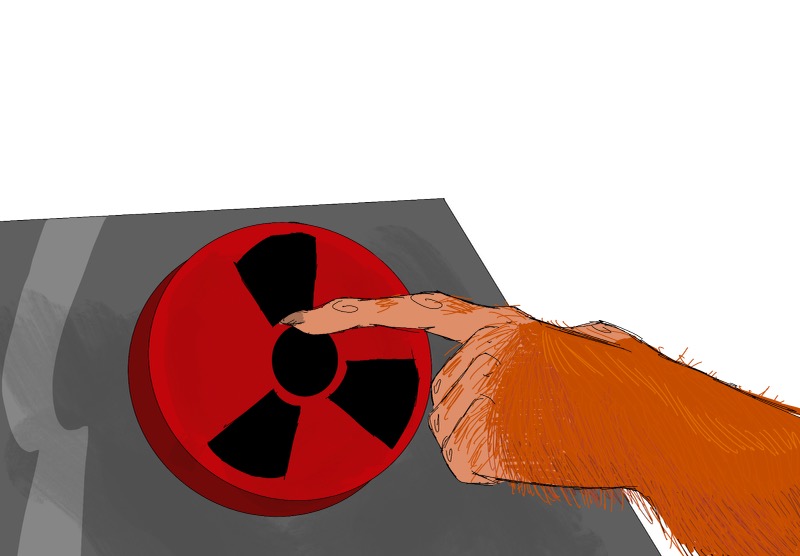


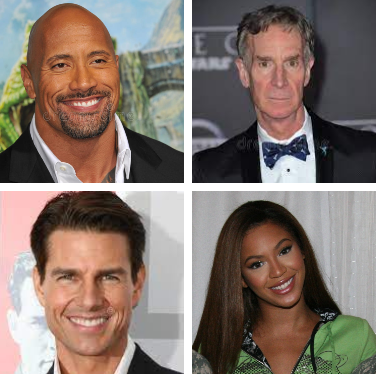







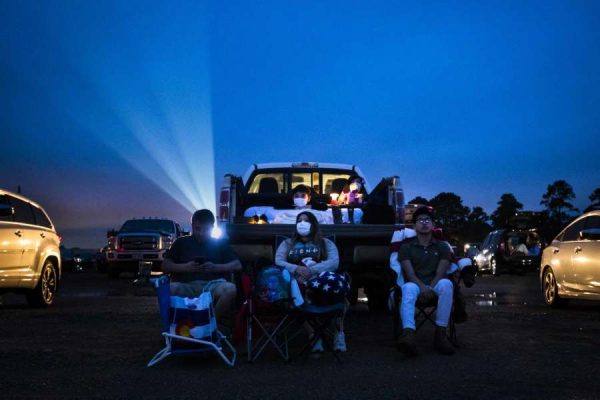



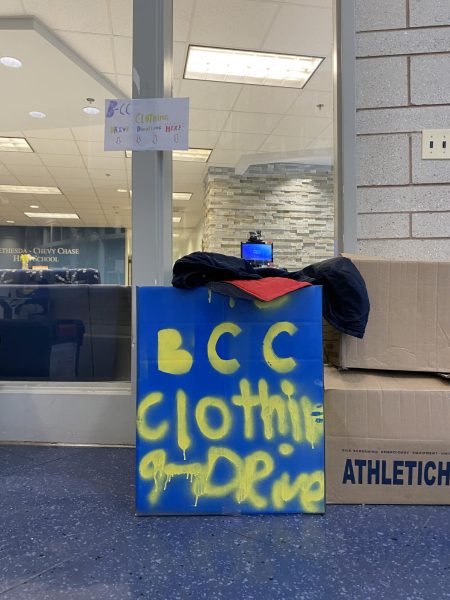


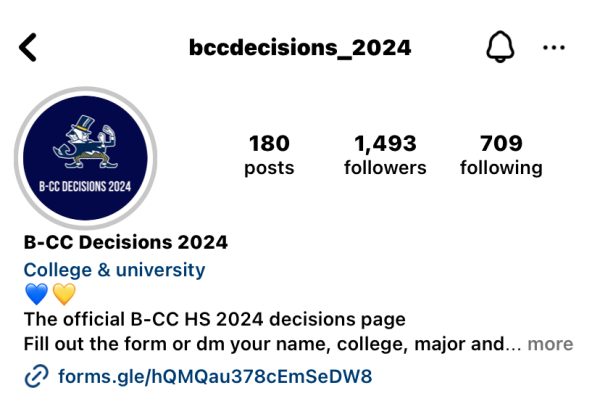
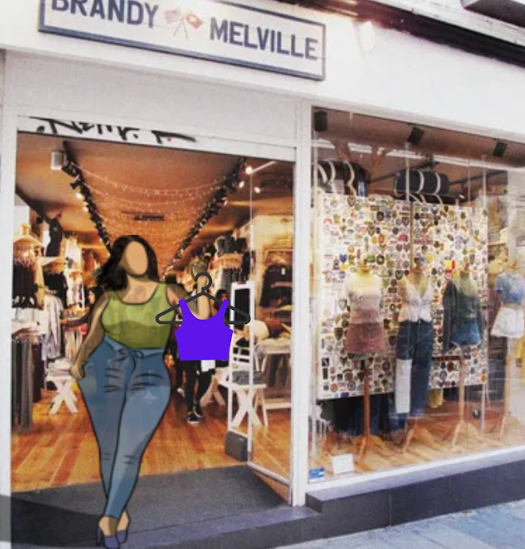

/s • Jan 26, 2023 at 1:01 pm
This is crazy. Although Did you all hear that Stephen Colbert died?
Sara • Jan 20, 2023 at 9:57 am
This is great and really helps to show how far people have gone to go viral